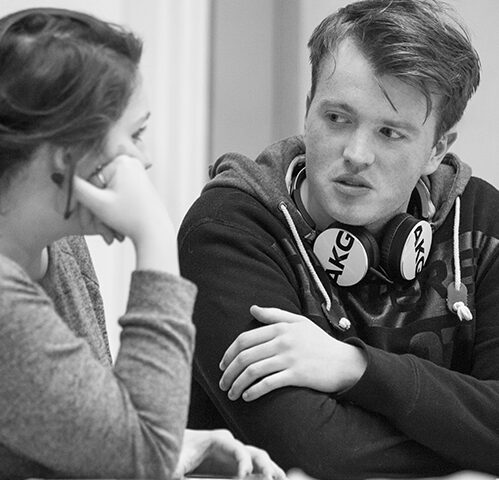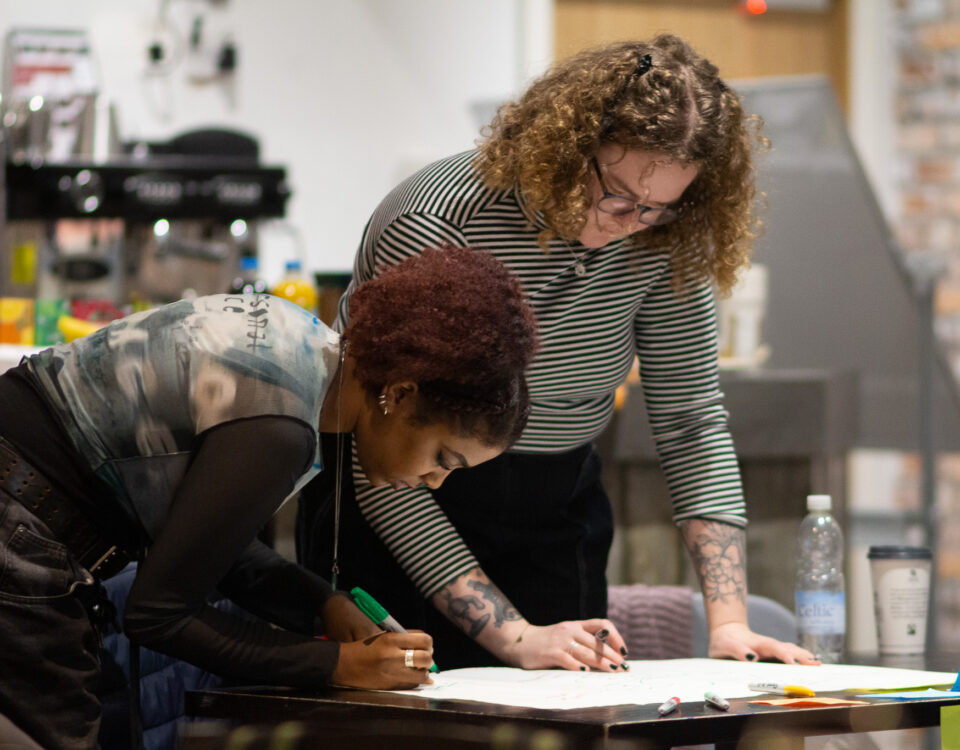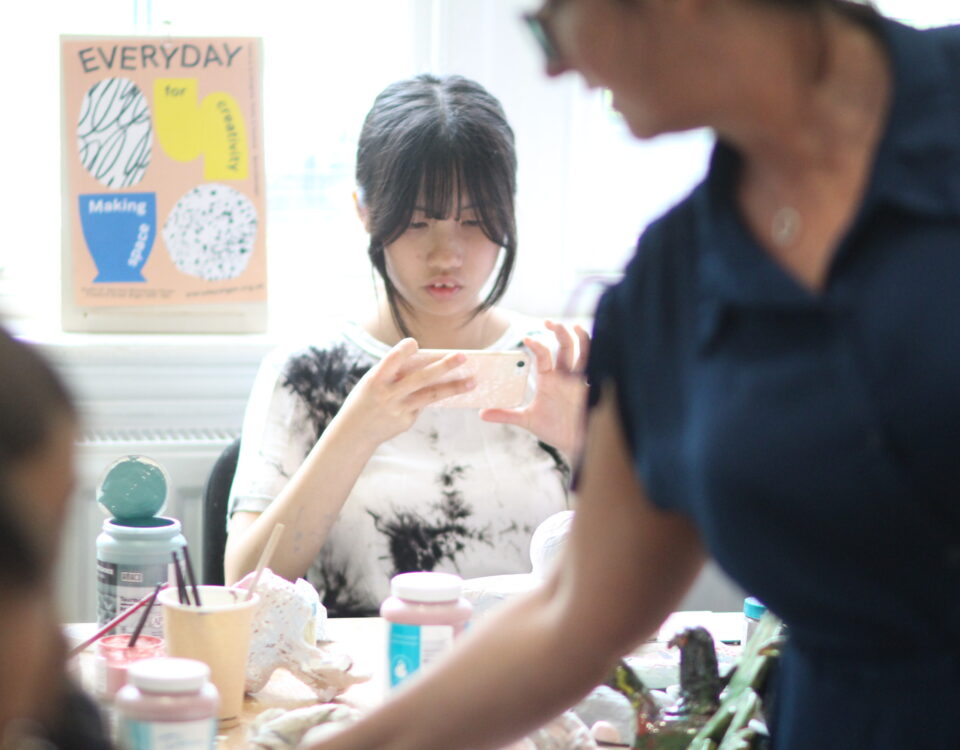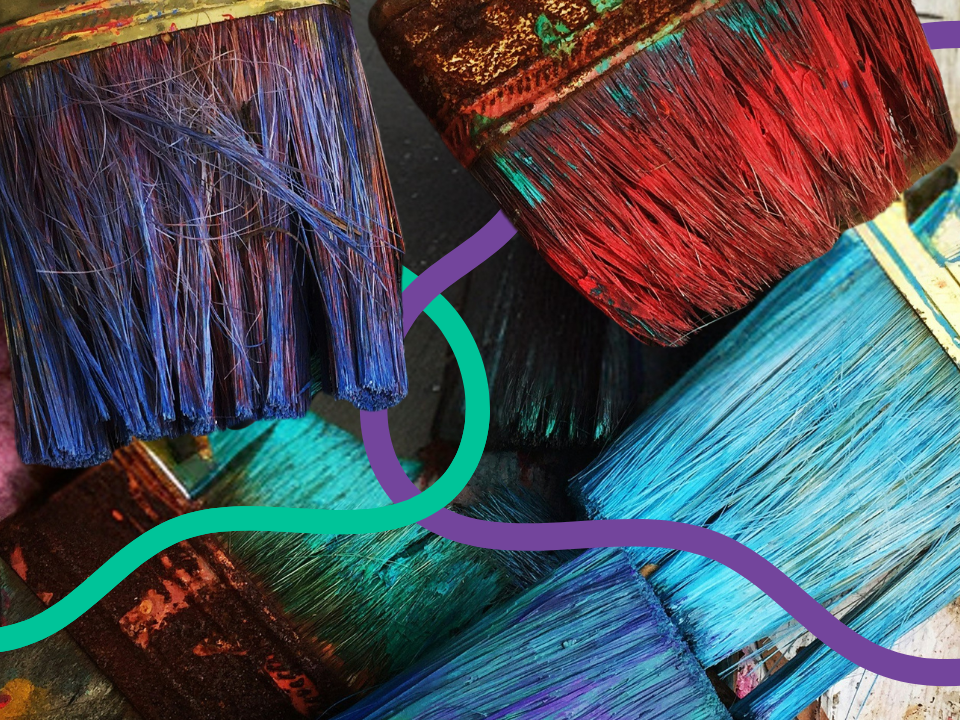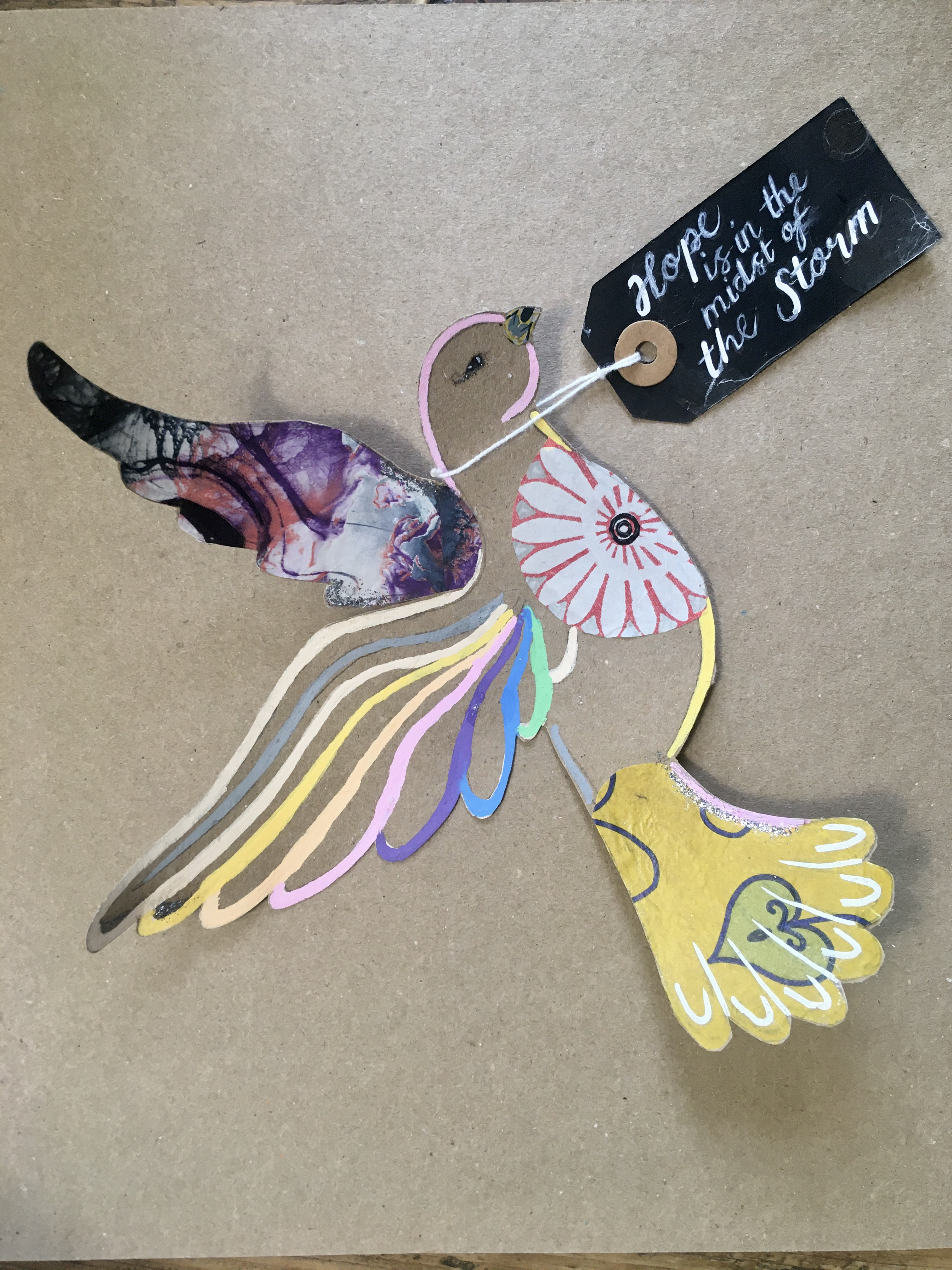
Hope and wellbeing in Lockdown
November 13, 2020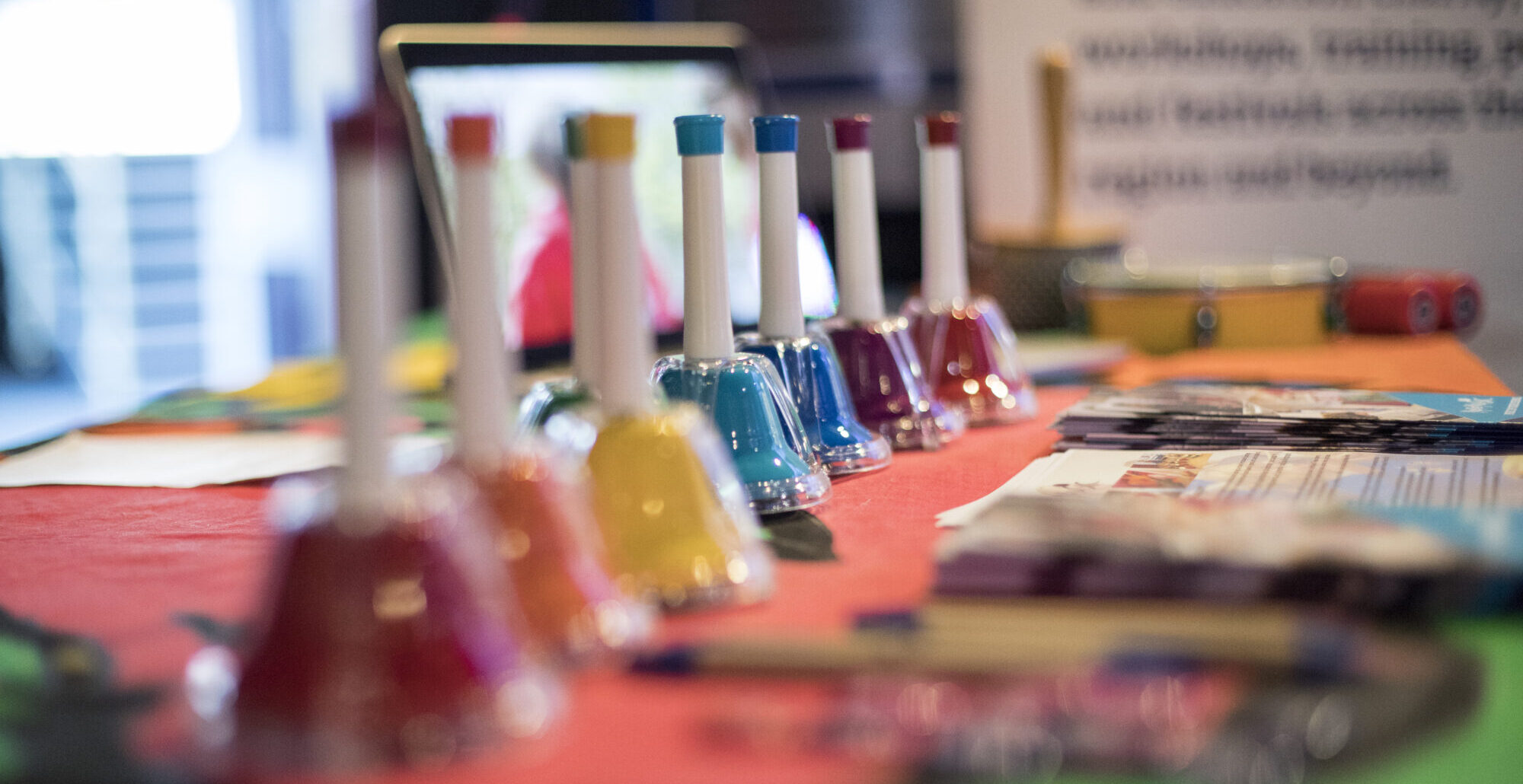
Curious about… Affinity Groups?
November 23, 2020Making the case for developing 21st century skills through cultural education
Curious Minds' Head of Careers & Employability, Holly Ball, considers the vital skills cultural education offers young people, as they prepare for a rapidly changing and unpredictable employment landscape.
The world of work is changing. Jobs for life no longer exist, automation is playing an increasingly large part in everyday life and people are establishing a career on their own terms, undertaking a range of different job roles and opportunities to forge their own path. All of this was already happening before the pandemic, which has only accelerated some of the things already on the horizon.
As the world around us continues to shift and change, the concept of work and having a job will look very different to how we would define it today. This means that we need to take a skills-based approach to preparing young people for a successful future. If we don’t know what jobs will exist in the future, then we must focus on developing behaviours and attributes that will apply to a wide range of workplace opportunities and scenarios. Making them ready for whatever the world of work looks like when they are ready to enter it.
As the world around us continues to shift and change, the concept of work and having a job will look very different to how we would define it today. This means that we need to take a skills-based approach to preparing young people for a successful future. If we don’t know what jobs will exist in the future, then we must focus on developing behaviours and attributes that will apply to a wide range of workplace opportunities and scenarios. Making them ready for whatever the world of work looks like when they are ready to enter it.
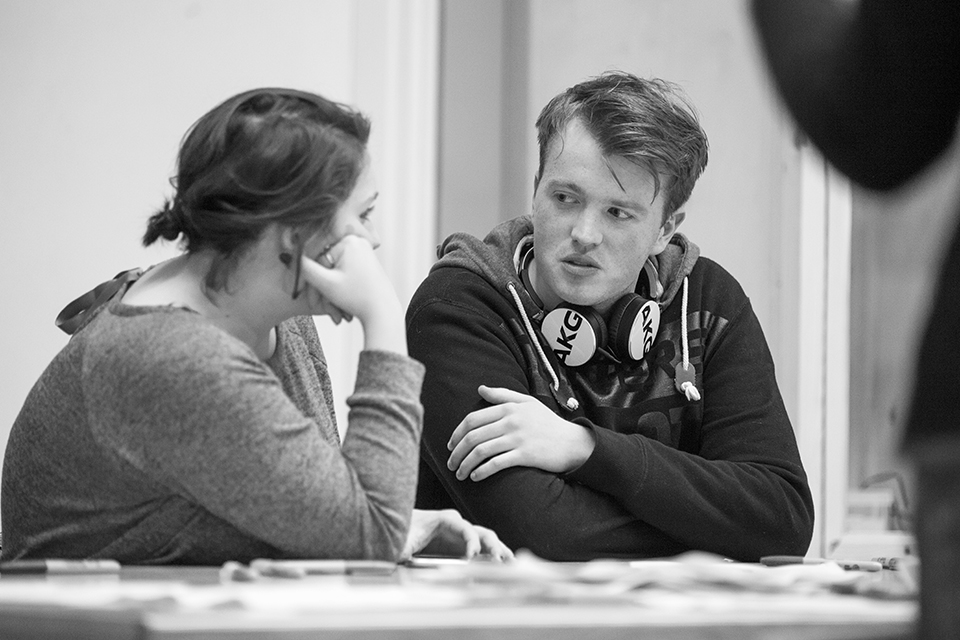
When looking at employer recruitment surveys, futurist trends and other sources, there is agreement when it comes to what key skills will be needed. Amongst these are; interpersonal skills, emotional & cultural intelligence and creative problem solving. Every child and young person will need to develop resilience, confidence and communication skills to make them work-ready for any job in any industry.
To those of us operating in the world of cultural education these skills will sound familiar. Discussion around a piece of artwork promotes empathy and understanding for its subject, exploring dance styles from different cultures develops cultural intelligence. The creative process is an important tool to help children and young people recognise, develop and articulate crucial skills for the future. We need to strengthen this further and generate greater understanding, so more people value the role cultural education plays in developing skills for the 21st century.
To those of us operating in the world of cultural education these skills will sound familiar. Discussion around a piece of artwork promotes empathy and understanding for its subject, exploring dance styles from different cultures develops cultural intelligence. The creative process is an important tool to help children and young people recognise, develop and articulate crucial skills for the future. We need to strengthen this further and generate greater understanding, so more people value the role cultural education plays in developing skills for the 21st century.
If you are a teacher reading this then please speak to your Careers Leader about how creative and cultural activities can develop employability skills. If you are a creative practitioner reading this then please talk to your school partners about their careers strategy and discuss how you can contribute to their plans.
By developing these key skills, behaviours and attributes the cultural education workforce can make young people future proof for whatever the future looks like.

